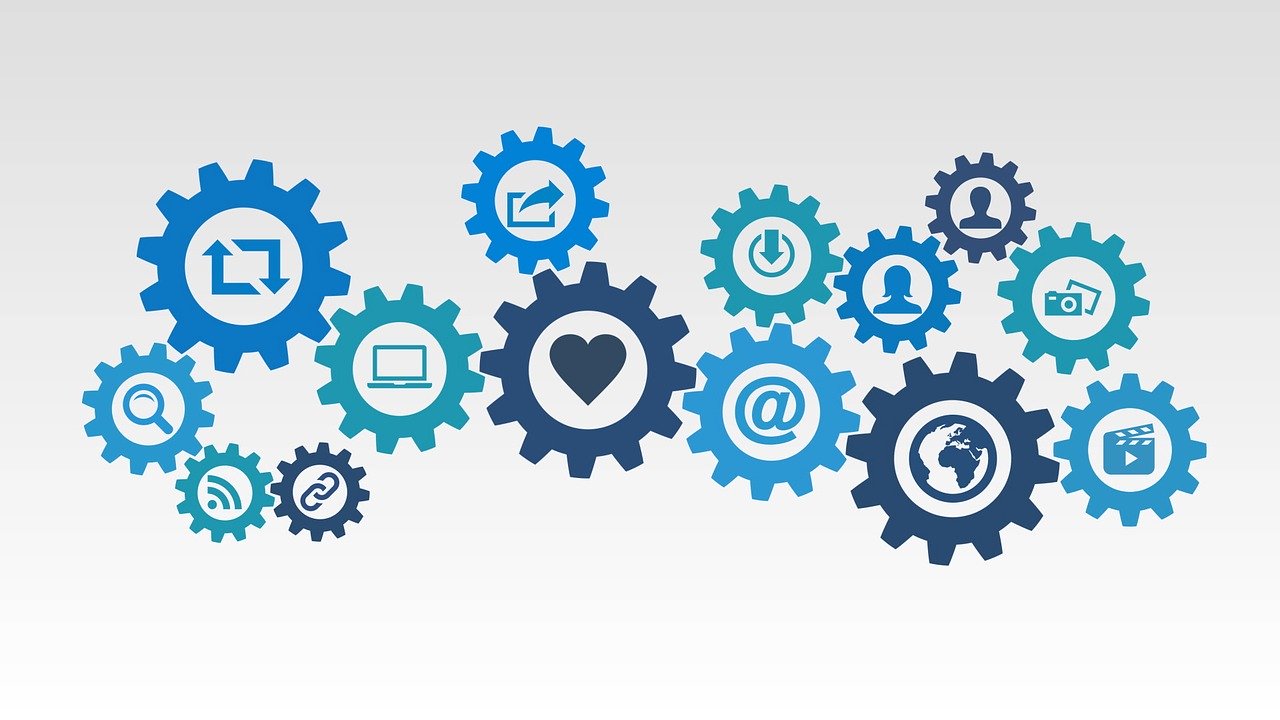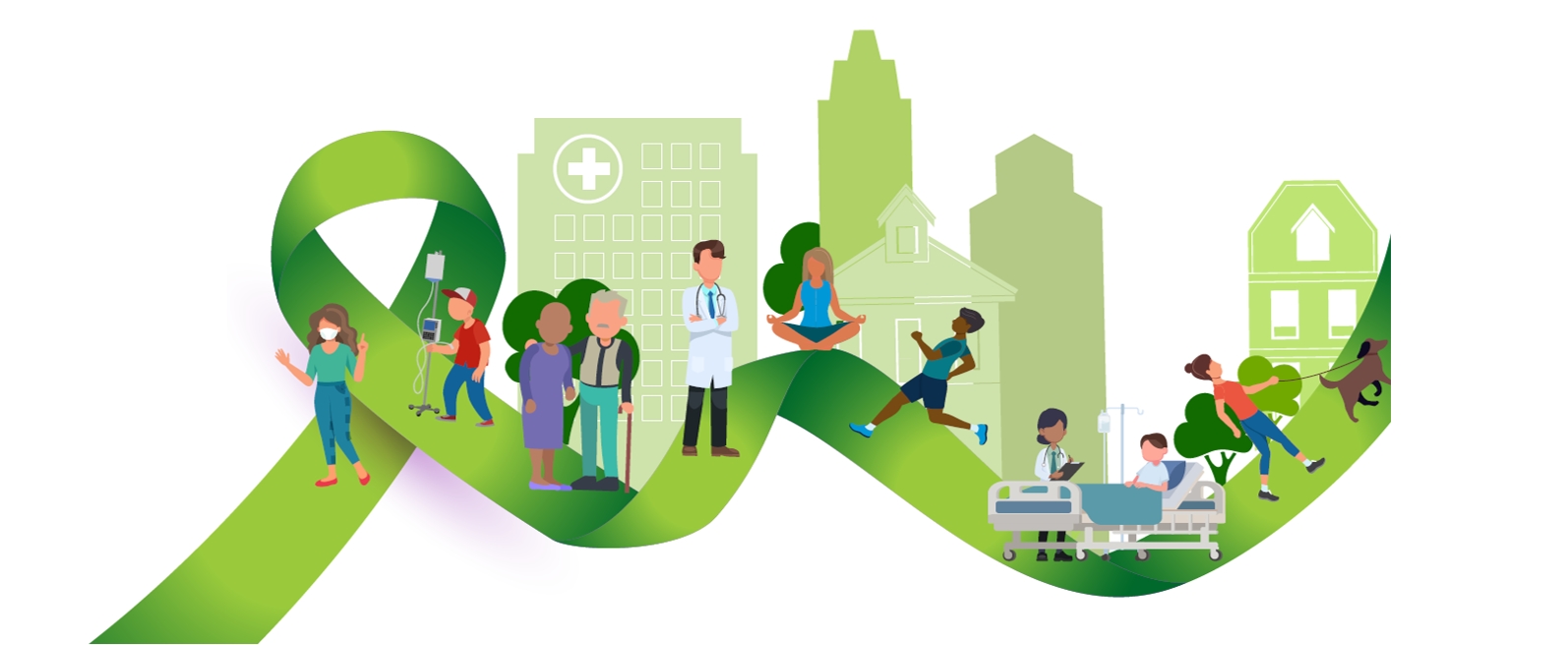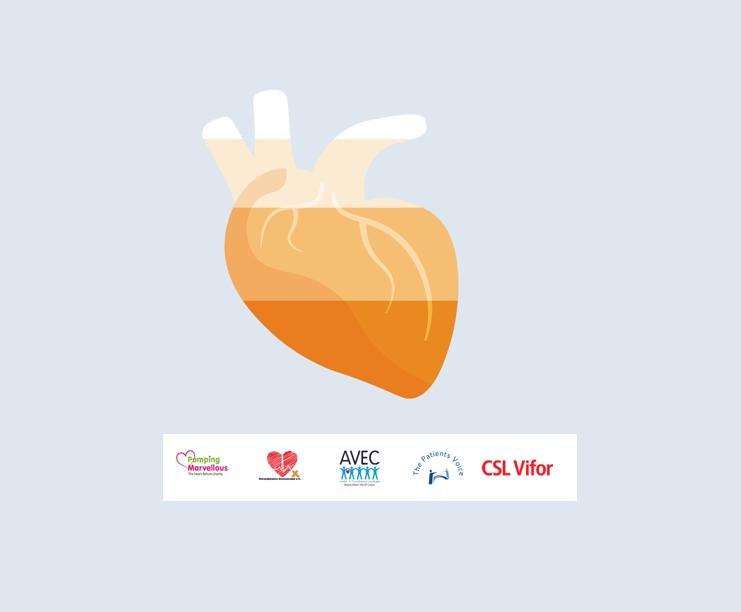Through 2019 and 2020, COVID-19 has accentuated the importance of self-care for healthcare systems. Through the pandemic, individuals grew more aware of the importance of taking ownership over their own health and taking the right preventive measures to stay healthy. Also, visiting a doctor or emergency department for minor self-treatable conditions is not a possibility anymore, given the number of patients requiring intensive healthcare attention. Recognizing self-care as an important part of healthcare is important for the long-term sustainability of healthcare systems. Self-care has the potential to improve health outcomes and bring significant health-economic value for our healthcare systems and society as a whole.
Better health outcomes
Enabling and empowering people to manage their own health improves their autonomy and confidence. There is also ample evidence showing that self-care can lead to significant health benefits. For example, through healthy habits and conscious daily choices, we can improve our everyday health significantly. A clear example is oral health, where there is broad evidence showing that good habits reduce caries and periodontal disease. Additionally, through the correct use of over-the-counter products, self-care plays an increasingly important role in treating the symptoms of minor ailments and chronic conditions. Occasionally using over-the-counter medicines for the self-management of pain enhances people’s quality of life, while reducing work impairment and hospitalizations. Similarly, medicines available over-the-counter show benefits for the management of chronic conditions such as osteoarthritis, the fastest growing cause of disability worldwide, where pain management is a cornerstone.
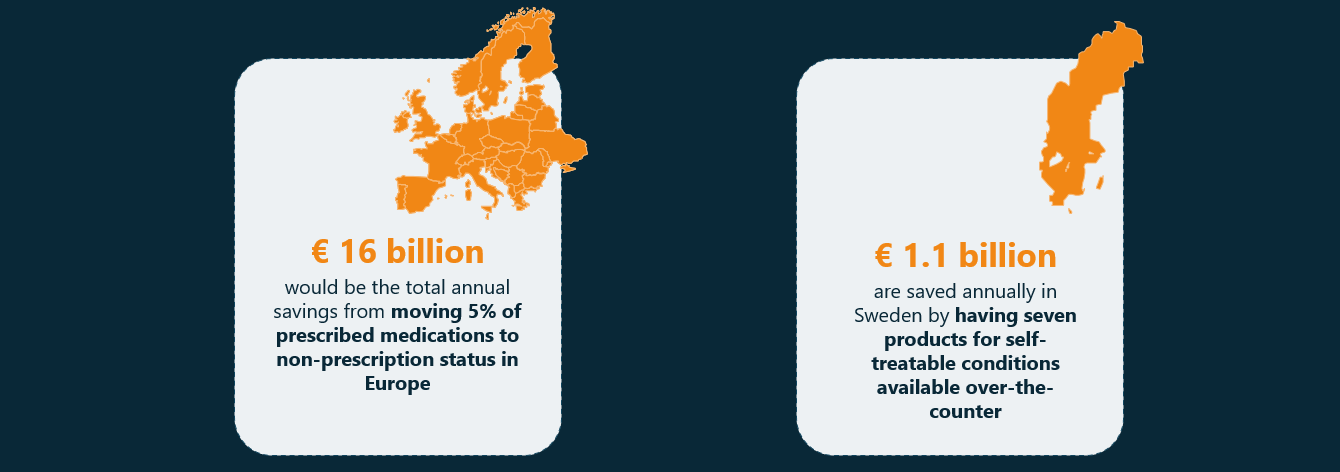
Relieving the pressure of healthcare systems
Additional to improving health outcomes, self-care can help alleviate the increasing financial pressure on European healthcare systems. One way of achieving significant cost savings is to switch medicines from prescription-only to non-prescription, where it is safe to do so. On a yearly basis, moving only 5 % of prescription medications to non-prescription status would result in an estimated total savings of over 16 billion euros in Europe (Figure 1).
1. In Sweden alone, it is estimated that by having seven products for self-treatable conditions available over-the-counter, 1.1 billion euros are saved annually. We will deep dive on this topic further on our second blog in this series.
Beyond cost savings, enabling people to use over-the-counter medications has the potential to contribute to a better resource allocation (Figure 2). A shift to self-care frees up time for doctors to focus on patients with more serious illnesses, as well as reduce waiting lists. This is significant, considering that in the UK, approximately one fifth of the total number of visits to the emergency department involve conditions are suitable for self-care. 3
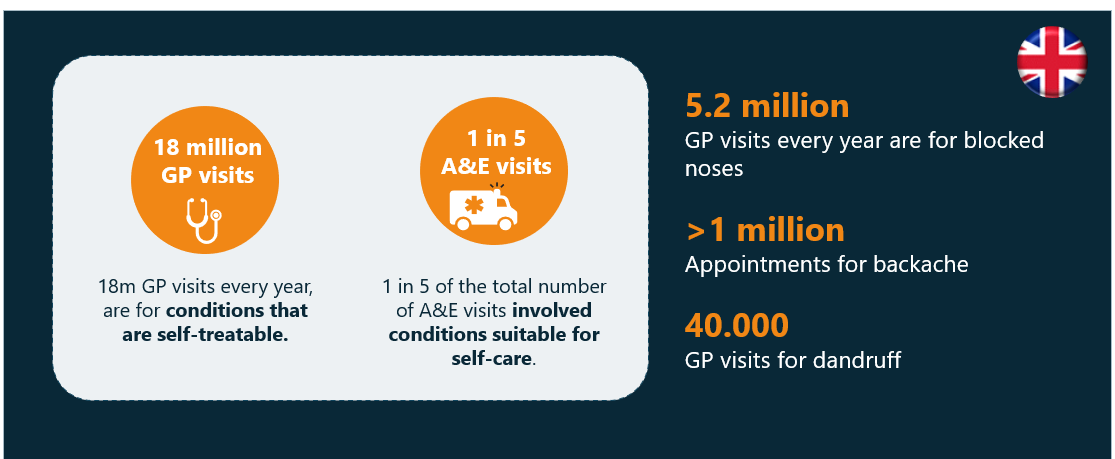
Overcoming the barriers that keep us from focusing on self-care
Despite the enormous potential of self-care, several barriers prevent self-care from reaching its full potential. One of the largest barriers to self-care is the lack of health literacy. Even in Europe nearly half of the adult population shows limited health literacy.
5. A second barrier is posed by a limited focus on prevention: 80% of Europe’s health budget is spent on treating largely preventable chronic diseases, while only 3% is spent on prevention.
6. Lastly, due to Europe’s wide variety of healthcare systems, access to over-the-counter medicines varies incredibly among countries and pharmacists are often underutilized in supporting self-care. Yet, if we choose to shift our focus to self-care now, a breakthrough in the way we organize healthcare could be on its way, benefitting all Europeans. We believe it can be done.

Let’s discuss
Inspired to share your thoughts? Or would you like to learn more about our vision on self-care and the value it can bring to healthcare systems? We would be delighted to hear from you. Please feel invited to contact Bas Amesz.

